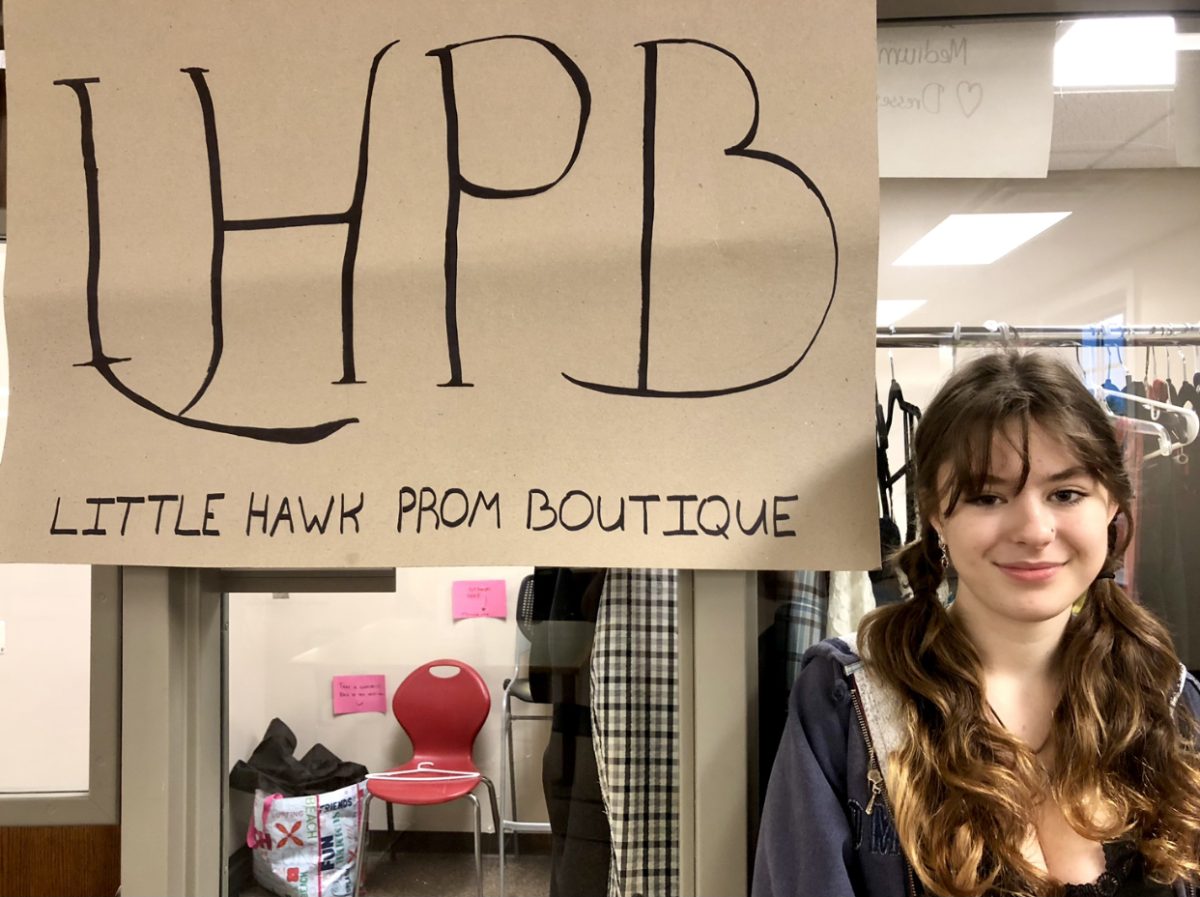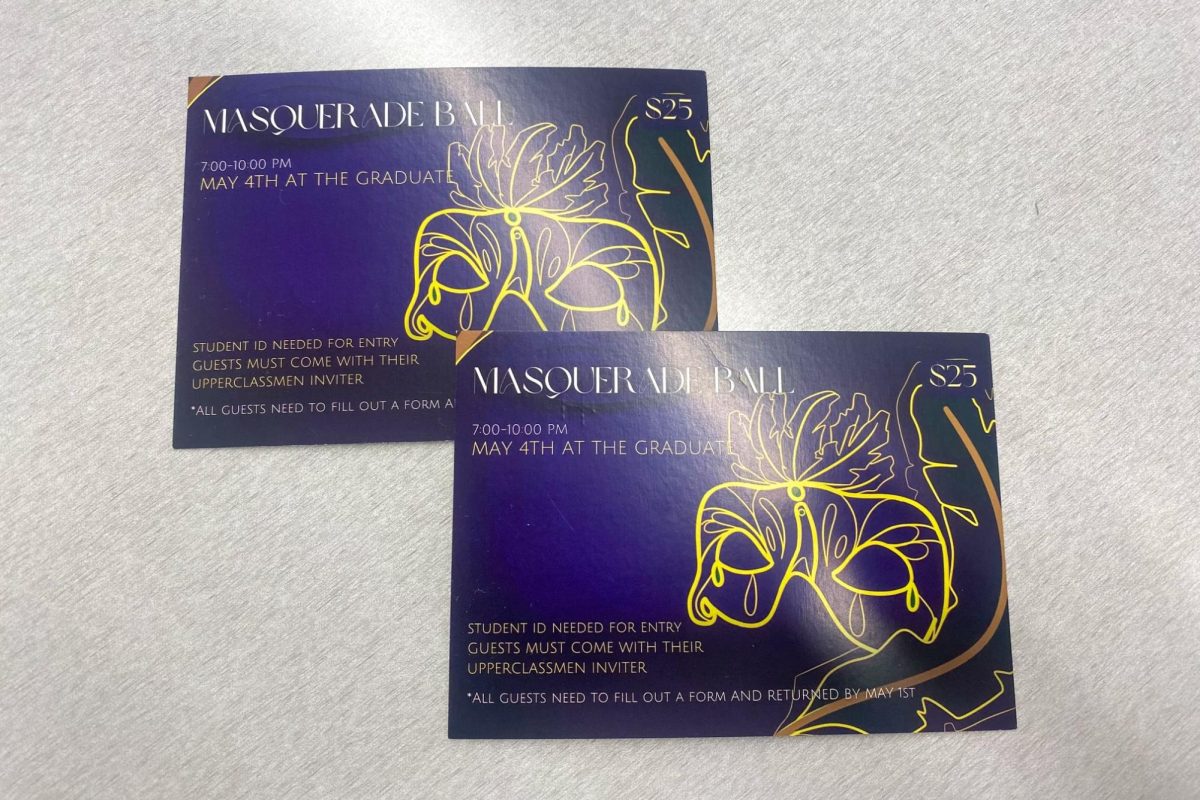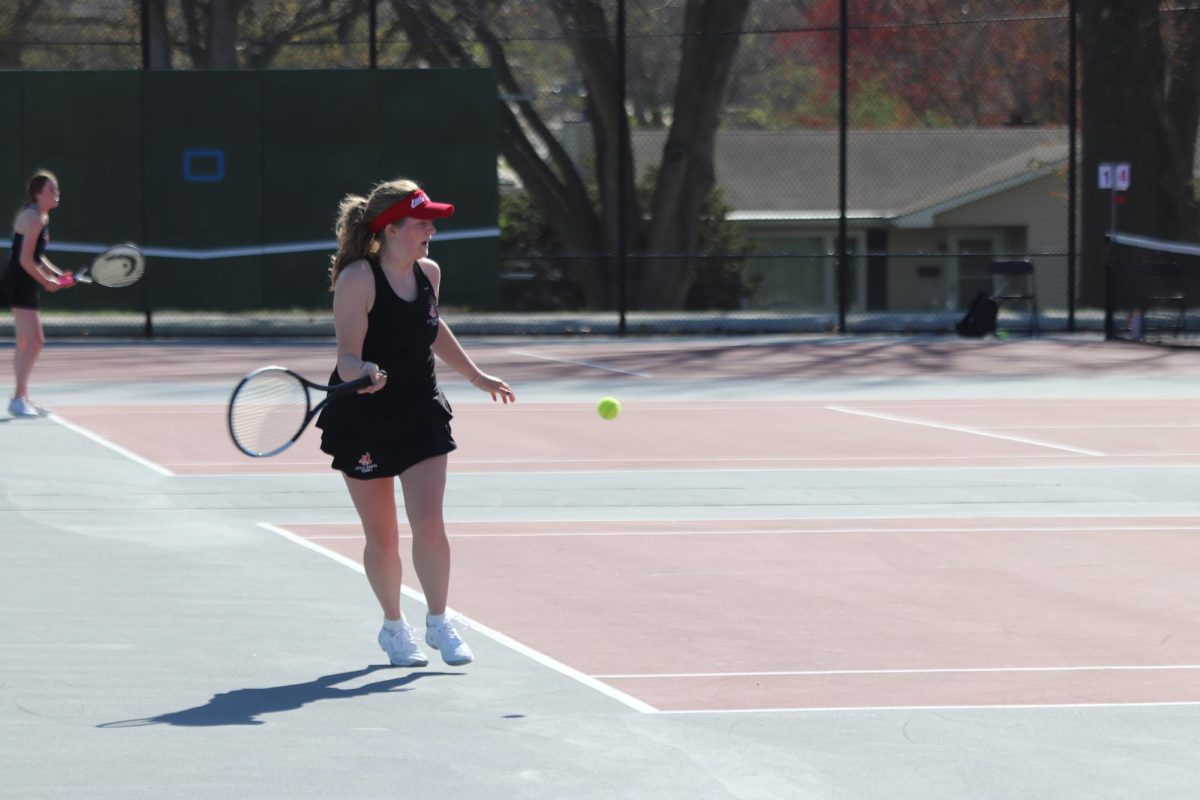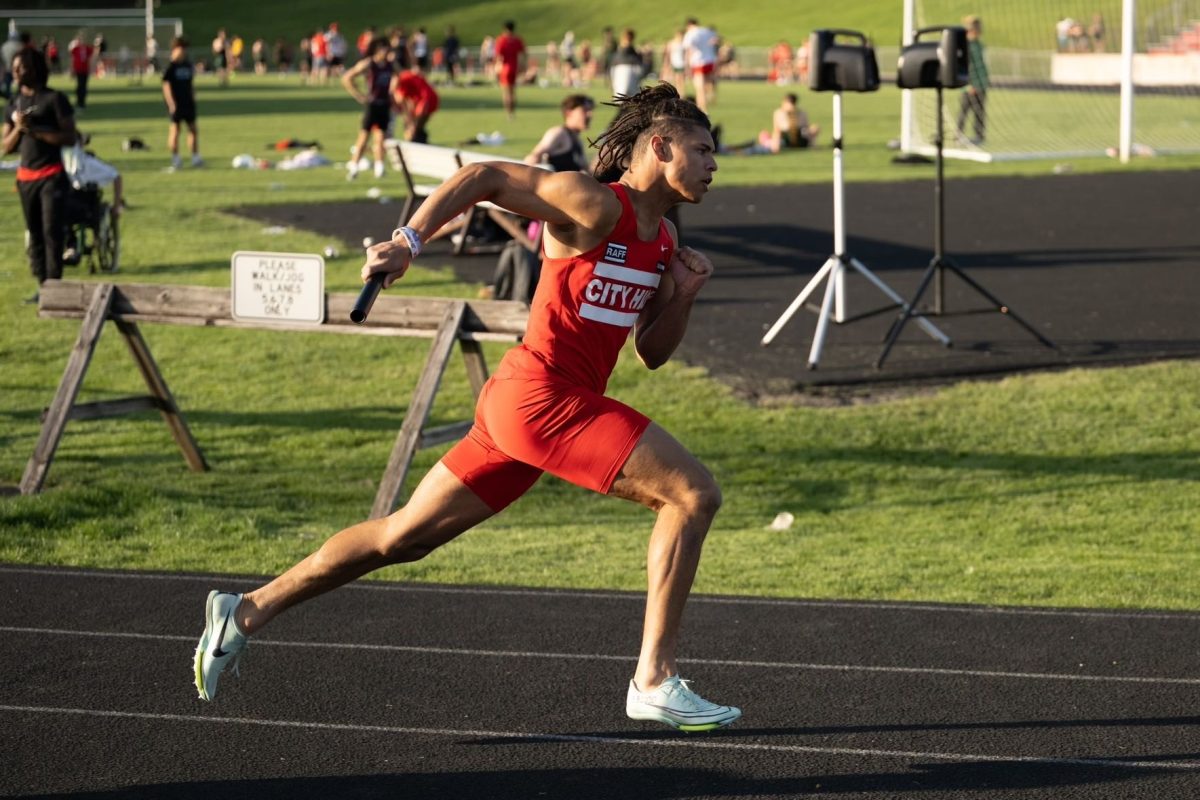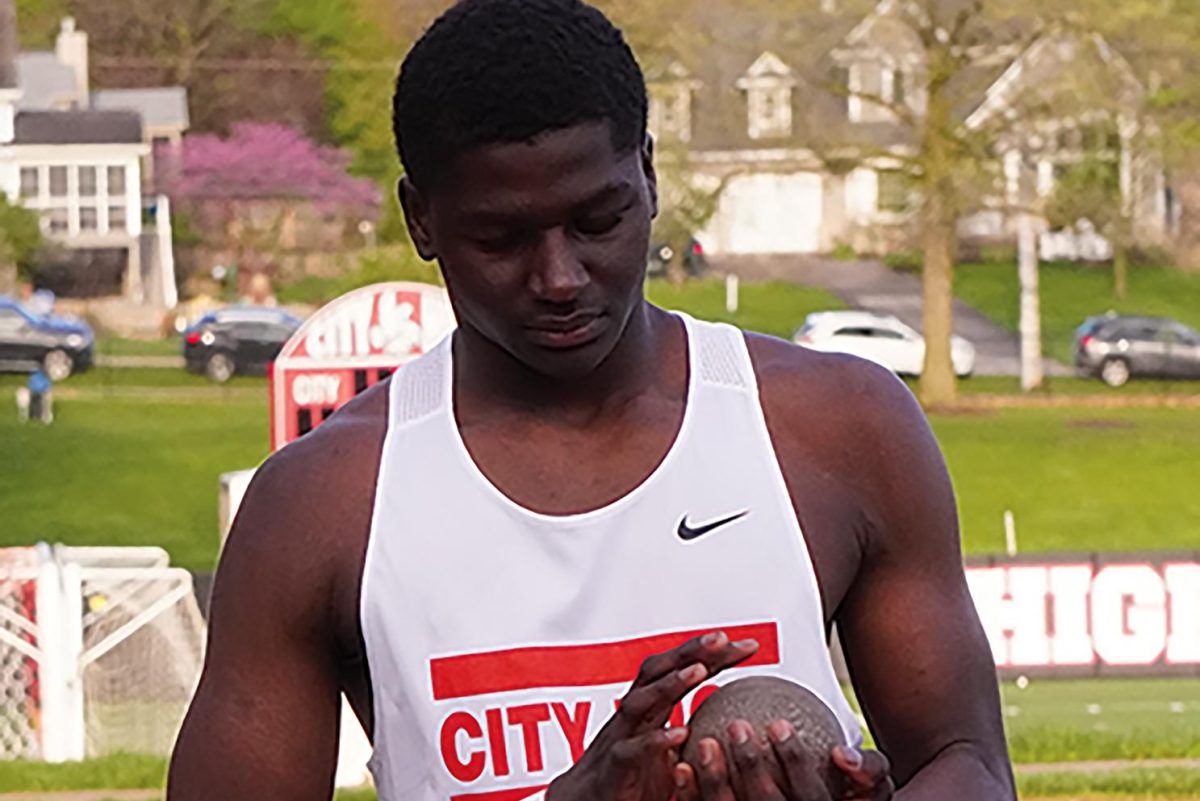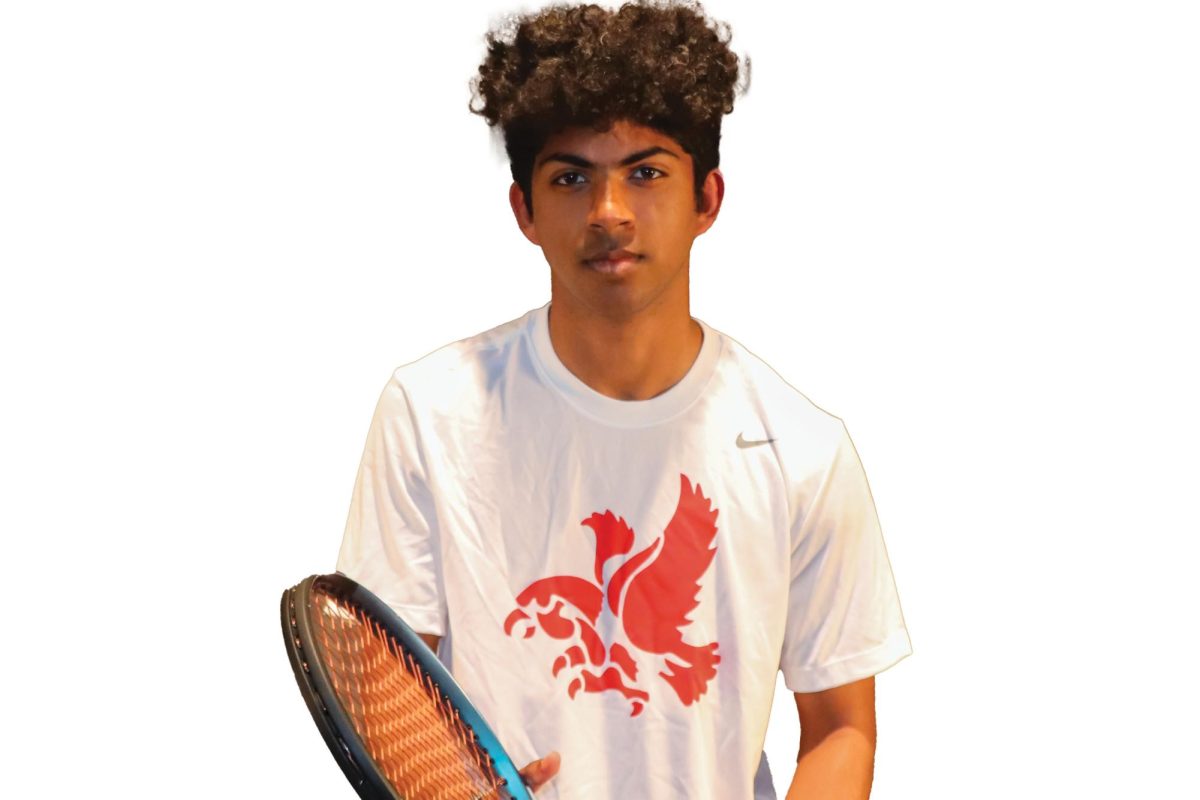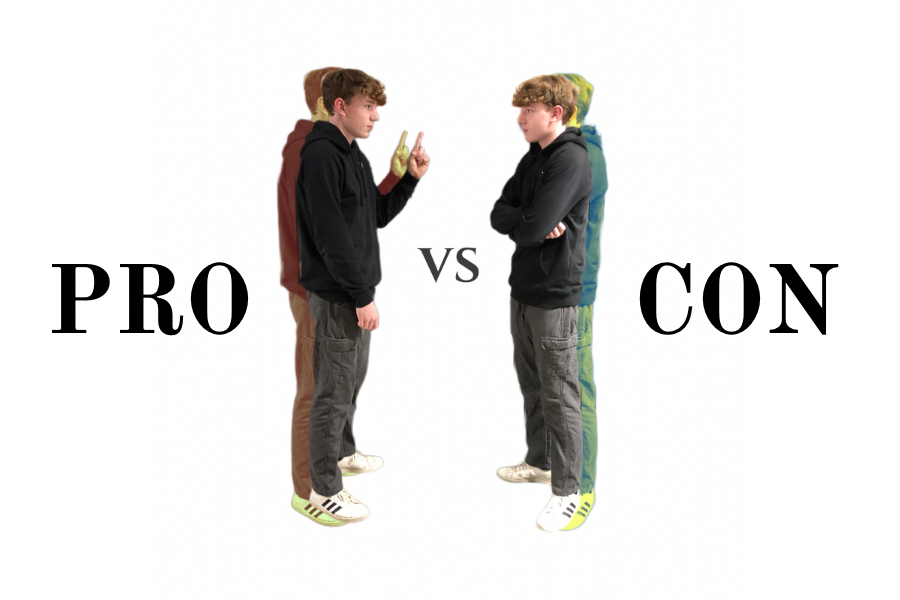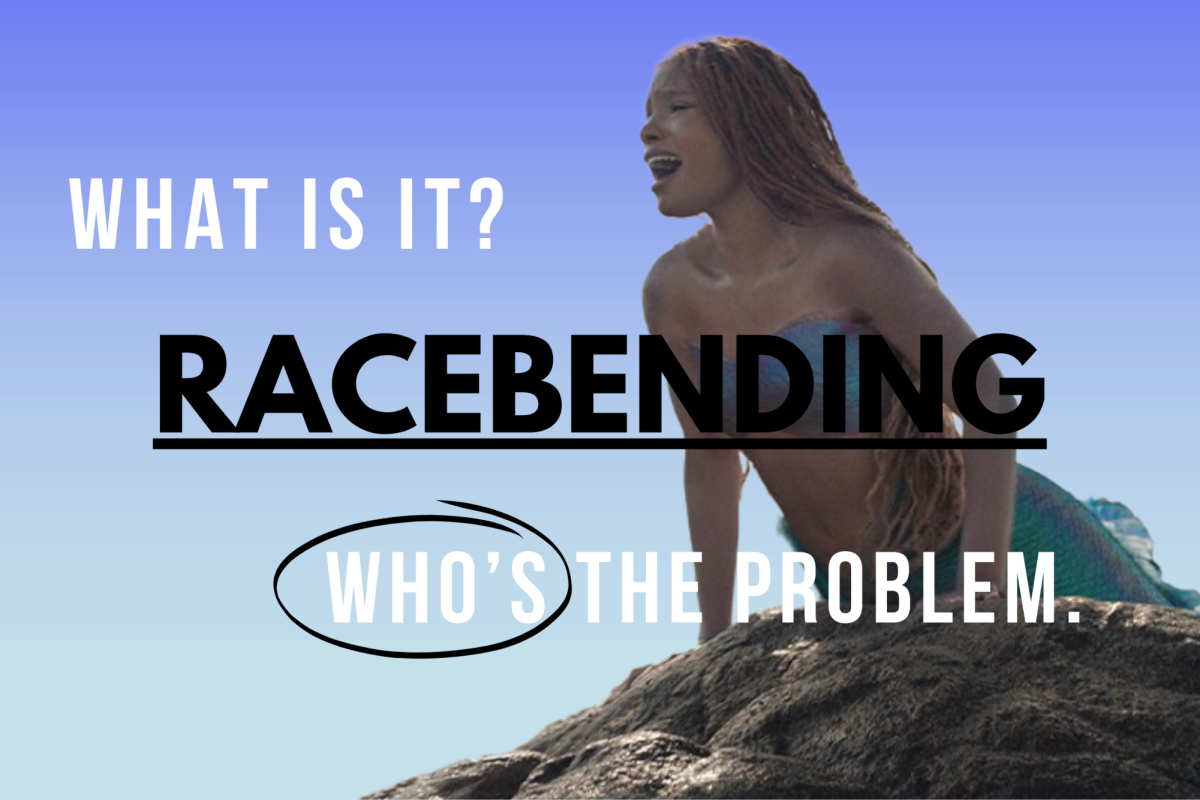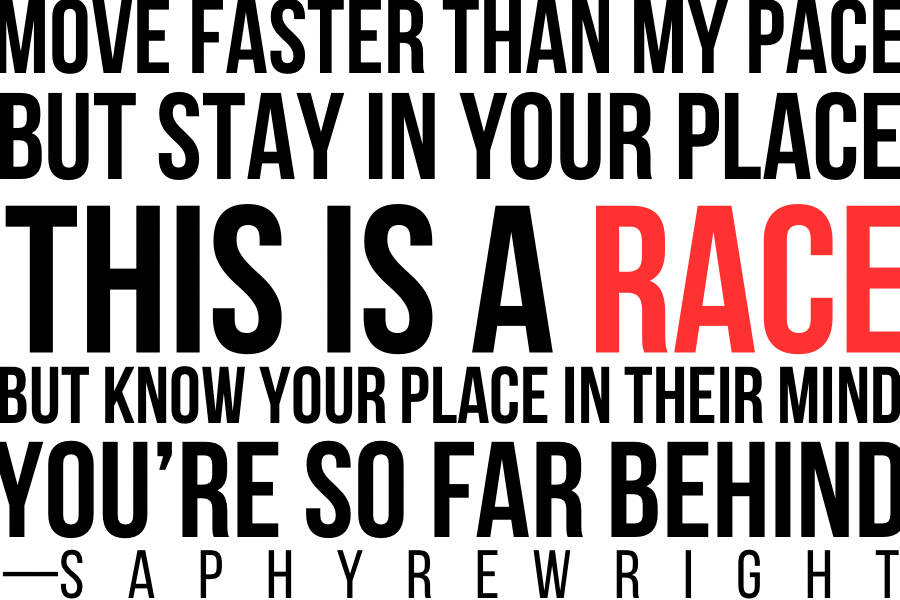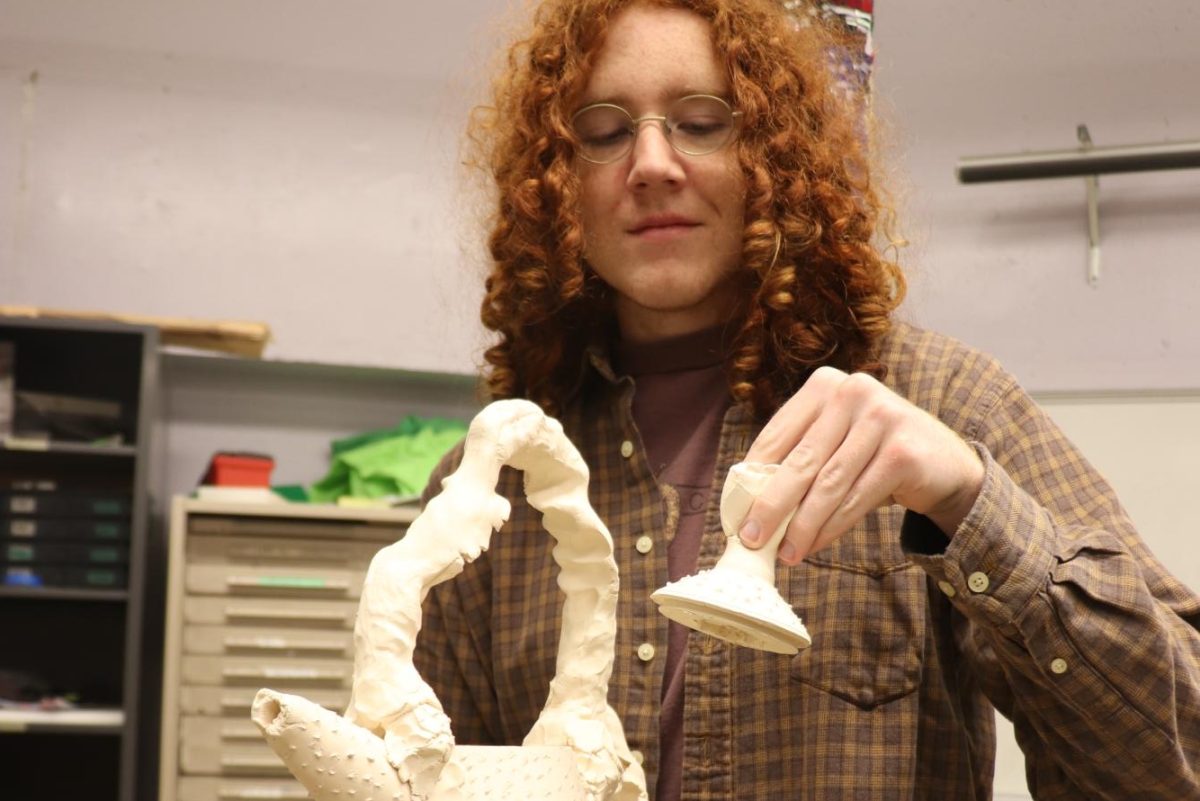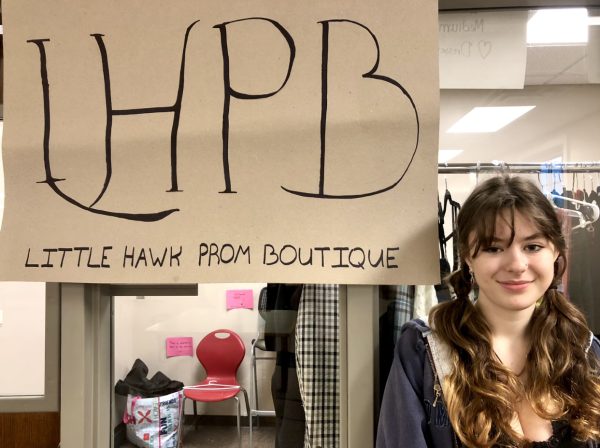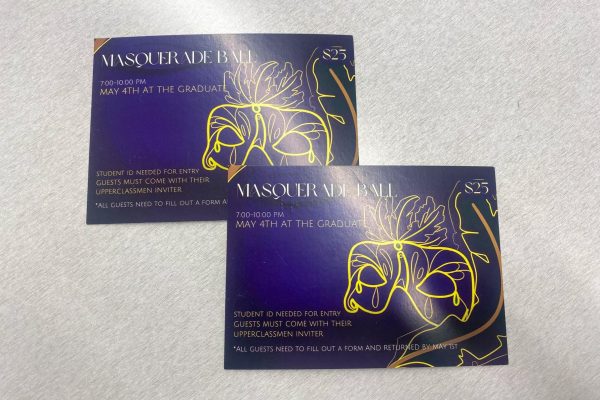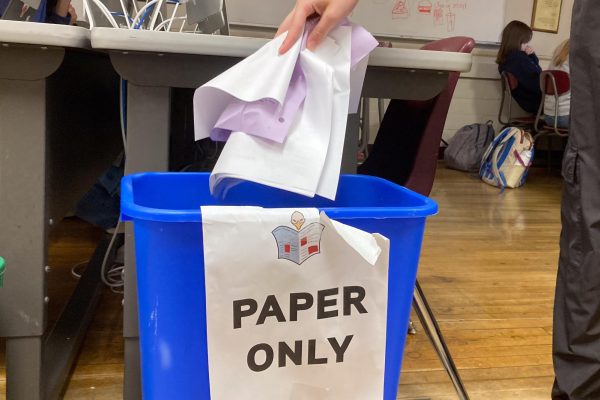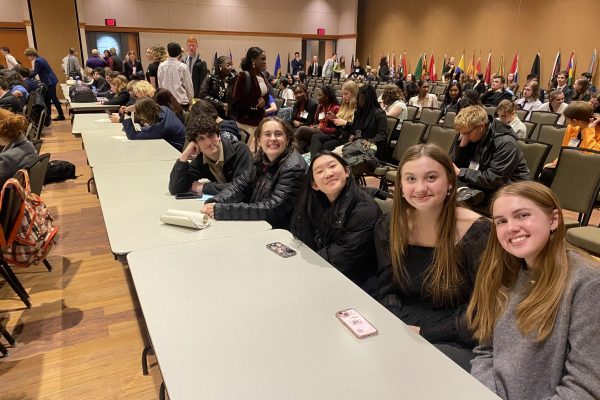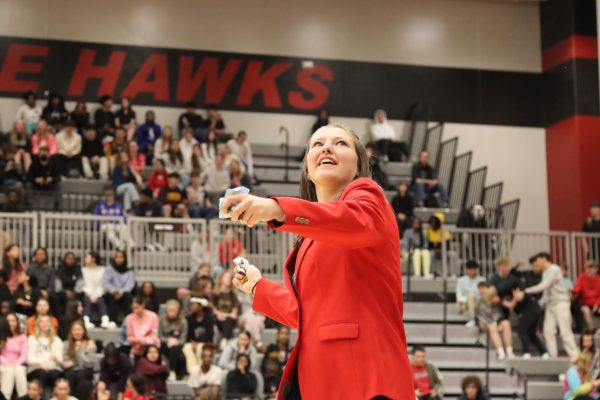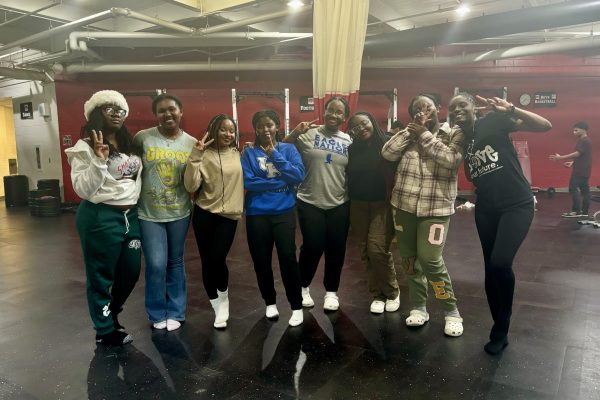2016 State Debate Champions
The City High debate duo Joey Wiedemen and Adam Zabner claim the state championship for the second year in a row.
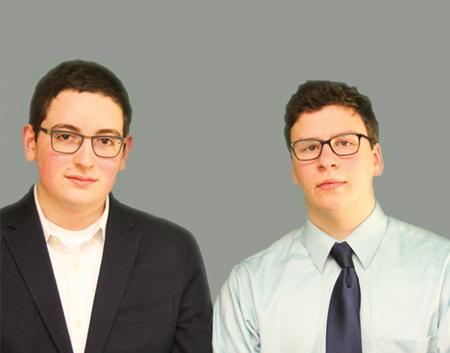
After a 20-minute wait, the judge’s decision was finally announced. Joe Wiedemen ‘16 and Adam Zabner ‘17 win the 2016 state championship debate in policy debate in a 3-0 decision.
“It’s the tensest moment in debate,” Zabner said. “Because most decisions will take maybe 20 minutes to sometimes over an hour, depending on how complex it is. So you’re just sitting there, nervous.”
Weidemen and Zabner participate in Policy Debate, which consists of a year long topic, a partnership of two, and intense focus on content. This year’s topic was “The United States should substantially decrease their domestic surveillance.” In the state championship debate, Zabner and Weidemen argued that metadata surveillance violates international law and explained why international law is important.
The tournament consists of six preliminary debates in which each team is for the issue three times and against the issue three times. In elimination rounds a coin toss decides which side each team argues. In the elimination debate, there are three judges who decide the winner.
“Debate, although it is based in real life public policy, is still a competitive ‘game,’” City High Debate Coach Vince Woolums said.
According to Woolums, the details of judging debates can become very complicated, but in essence a judge’s vote is based on the truth of the arguments, the logic and technical refutation of these arguments, and the person’s ability to speak persuasively.
“There are a lot of criteria for judging debates,” Woolums said. “Some debates are easy to decide — one team really underperforms while the other does great — other debates are more nuanced and technical.”
For Zabner, this technical aspect of debate is his favorite part. During the final debate against West High, their team extended many arguments in a short amount of time, trying to pressure the City High team into answering all of them.
“It just clicked that their arguments contradicted each other, and we ended up winning,” he said. “That moment where you sort of can figure out how the different arguments interact is really fun.”
While Zabner admits that it can sometimes be difficult to argue a side he doesn’t agree with, Weidemen sees it differently.
“It’s easy to divide yourself from what you actually believe,” Weidemen said. “It’s just about having fun and learning.”
Your donation will support the student journalists of Iowa City High School. For 2023, we are trying to update our video and photo studio, purchase new cameras and attend journalism conferences.

Running takes a lot out of a person. Claire runs and saves just enough juice in the system to be a key factor in City's journalism program . The...



